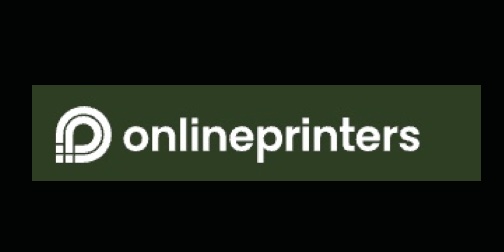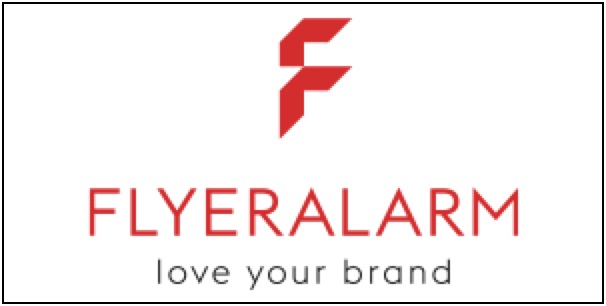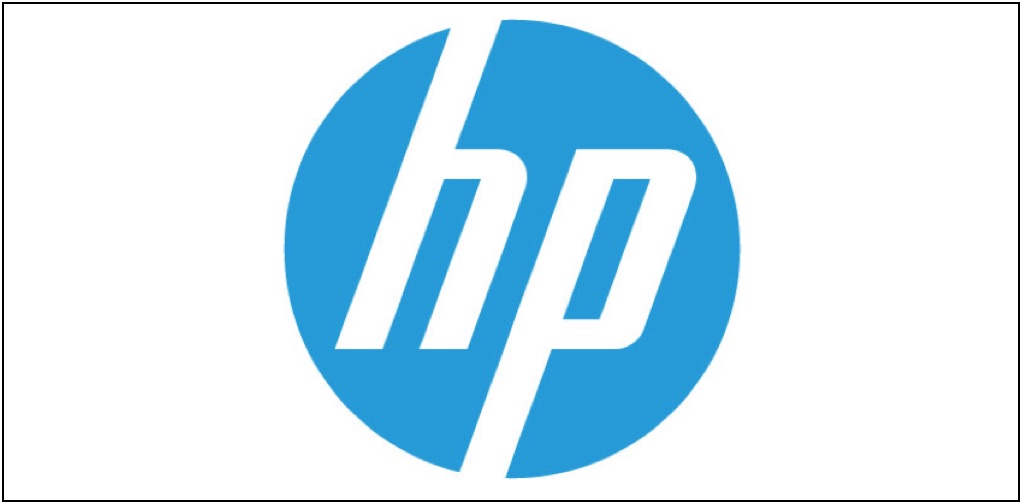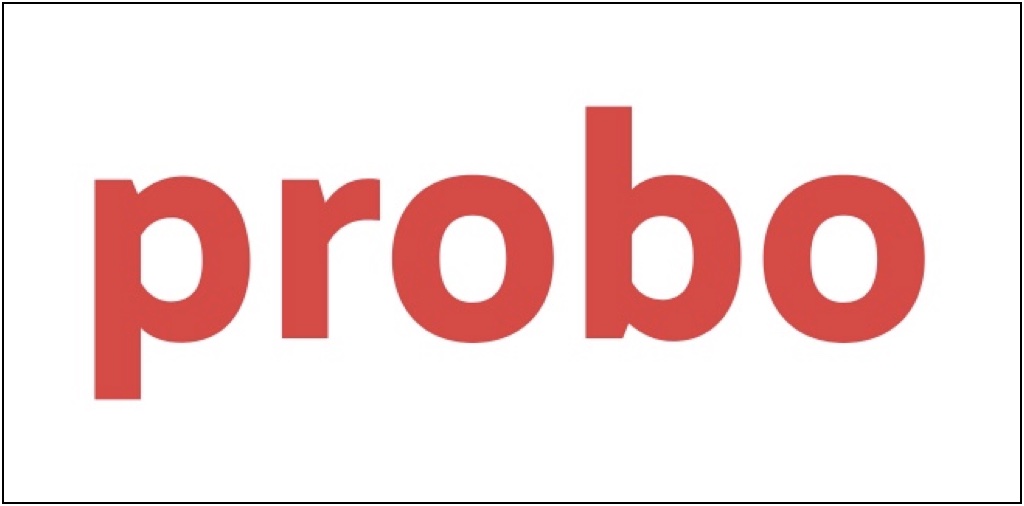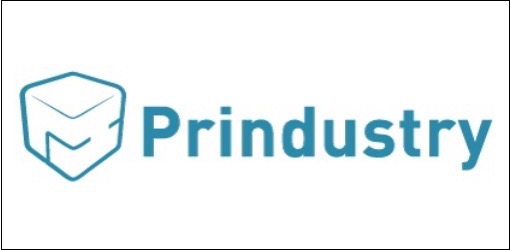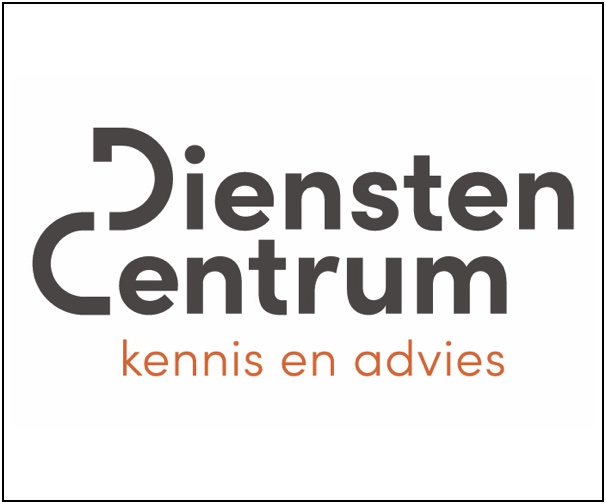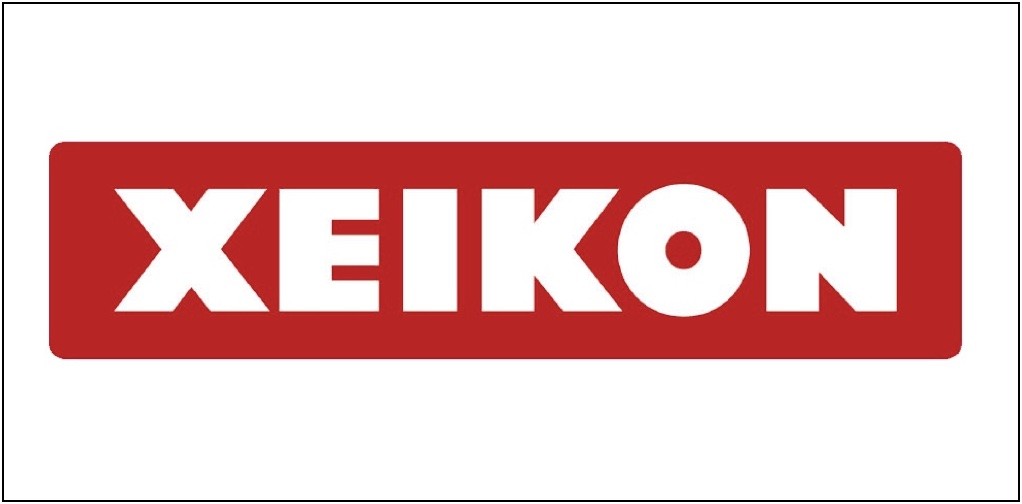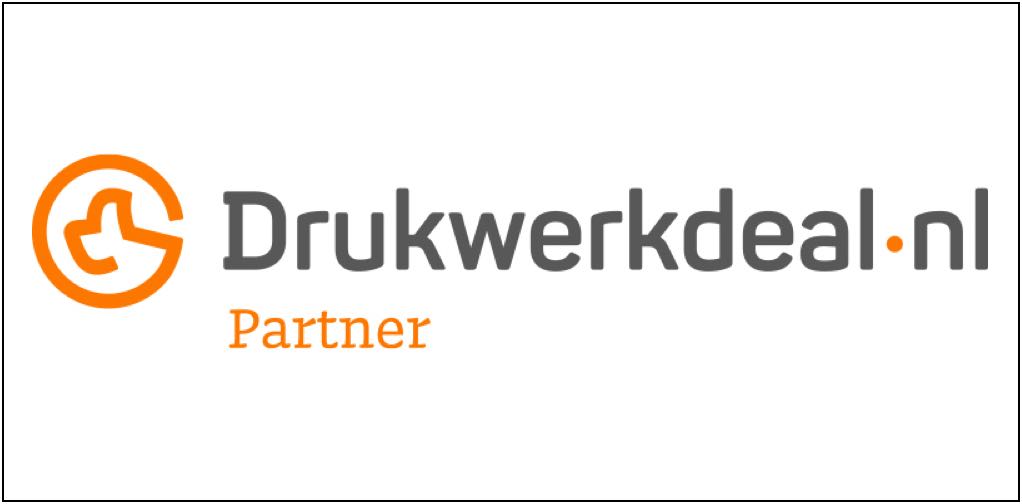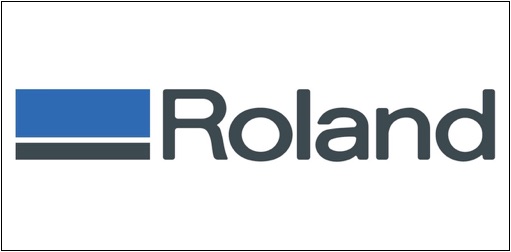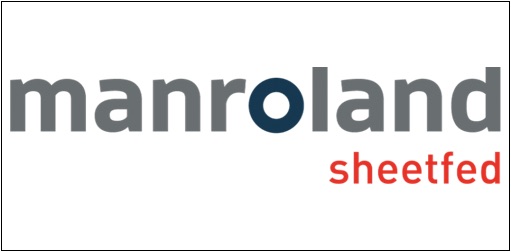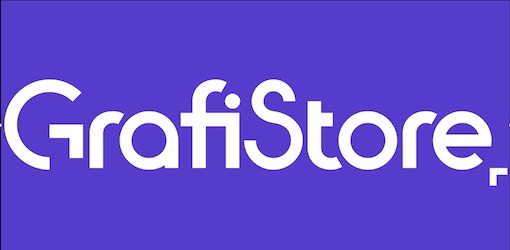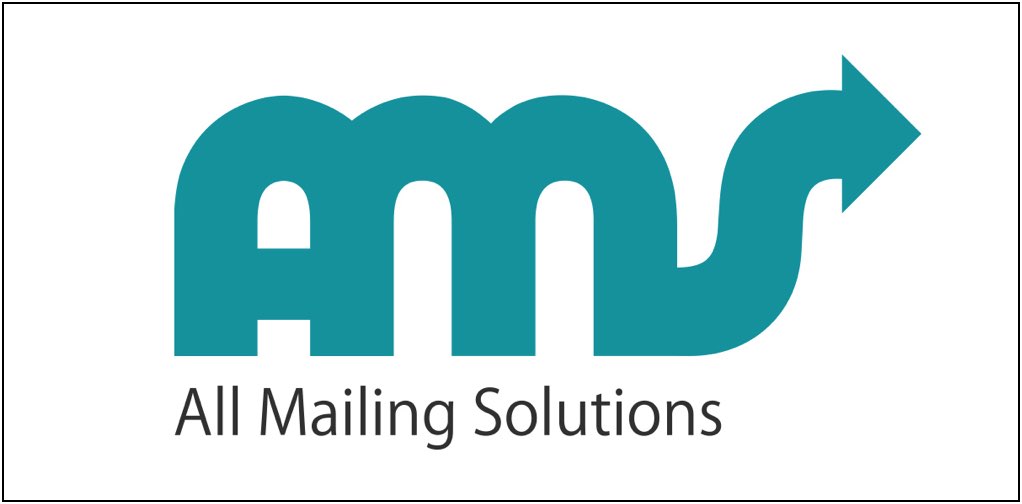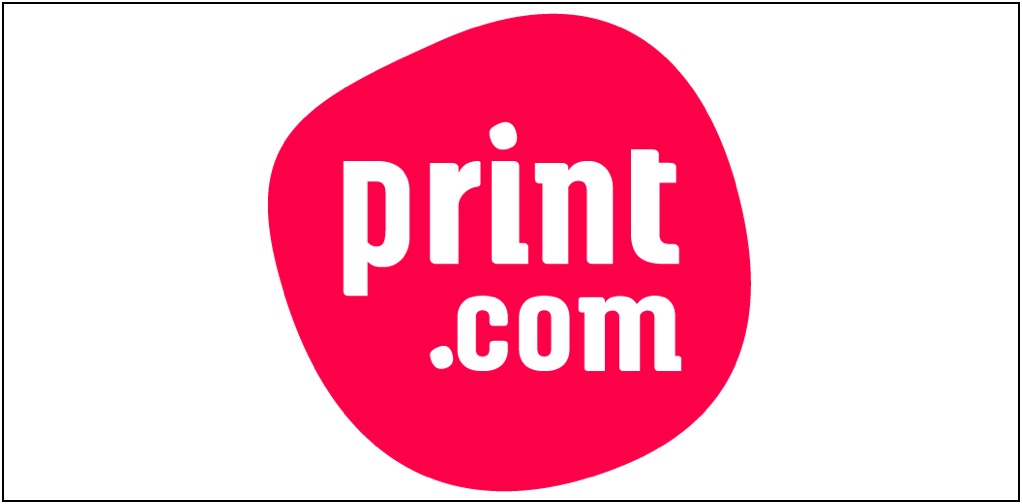Laurel Brunners Verdigris Blog: Epson & Oeko-Tex Certification
 Our industry is seeing massive improvements in ink technologies, especially to suit new print methods and substrates. Technology advances are taking print into all sorts of new applications. One of the most attractive for all concerned is textiles, particularly those produced digitally with devices such as the Epson SureColor SC-F2000 direct-to-garment printer or the EFI Reggiani series. Textile printing brings with it a host of expectations for quality and durability, and when it comes to on demand prototyping there is less price sensitivity in this kind of print. However there are other more important concerns, with product safety at the top of the list.
Our industry is seeing massive improvements in ink technologies, especially to suit new print methods and substrates. Technology advances are taking print into all sorts of new applications. One of the most attractive for all concerned is textiles, particularly those produced digitally with devices such as the Epson SureColor SC-F2000 direct-to-garment printer or the EFI Reggiani series. Textile printing brings with it a host of expectations for quality and durability, and when it comes to on demand prototyping there is less price sensitivity in this kind of print. However there are other more important concerns, with product safety at the top of the list.
As one might expect, there are many standards relating to the safety of printed textiles. The worldwide reference for textile standards is Oeko-Tex. This international association of textile testing institutes has been around for many years and has sixteen members across the globe. The organisation drives innovation in testing and safety in the textile industry, so that users of its services can check that their materials won’t cause harm or illness. Oeko-Tex standards are also used to optimise production and supply chains, so that they are sustainable. A certification from Oeko-Tex ensures independent verification of a company’s safety and sustainability claims.
The latest addition to the Oeko-Tex range of standards and tests is the Eco Passport. Intended for use by chemical and textile manufacturers and suppliers, the Eco Passport confirms that their products can be used in sustainable textile production. The chemicals used in a given product, such as ink, are checked against the Oeko-Tex restricted substance list. They are then analysed for various characteristics, including toxicity, in order to ascertain that the product can be used in the production of sustainable textiles. The mark can only be applied if the chemical product and its preparation meet the conditions of the Eco Passport label.
Epson has recently announced that its inks and printers have now been certified for the Eco Passport. This means that all processing chemicals and compounds used in Epson textile printers and inks are safe and produced in a sustainable way. The certification includes all dyes, additives, finishing agents and detergents as well as inks, so it is a majorly important step for Epson. Epson is reducing the environmental impact of its products, but it is also supporting the sustainability efforts of its customers. When it was launched in 2008, Epson’s Environmental Vision 2050 set a CO2 reduction target of 90% across the whole life cycle of its products, the Oeko-Tex certification confirms that it is making steady progress.
Laurel Brunner
The Verdigris project is an industry initiative intended to raise awareness of print’s positive environmental impact. It provides a weekly commentary to help printing companies keep up to date with environmental standards, and how environmentally friendly business management can help improve their bottom lines. Verdigris is supported by the following companies: Agfa Graphics, EFI, Epson,Fespa, HP, Kodak, Kornit, Ricoh, Spindrift, Splash PR, Unity Publishing and Xeikon
De trainingen voor 2022 staan gereed. Kijk voor het volledige online aanbod van bestaande- en nieuwe trainingen op de website.
BLOKBOEK.COM EN PRINTMEDIANIEUWS: HET OPTIMALE DOELGROEP BEREIK



